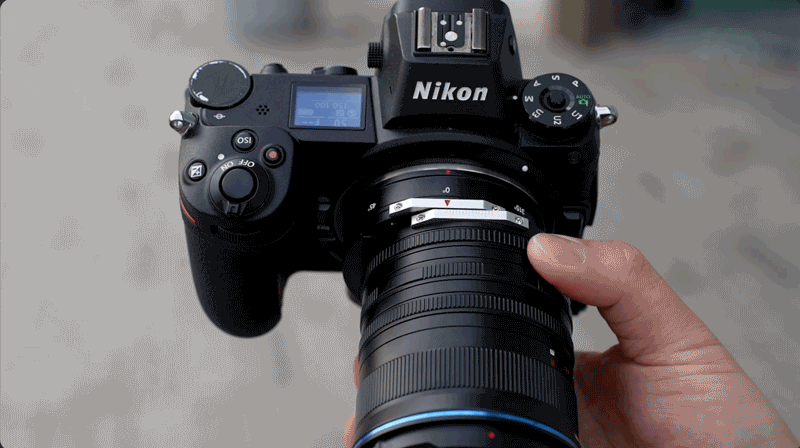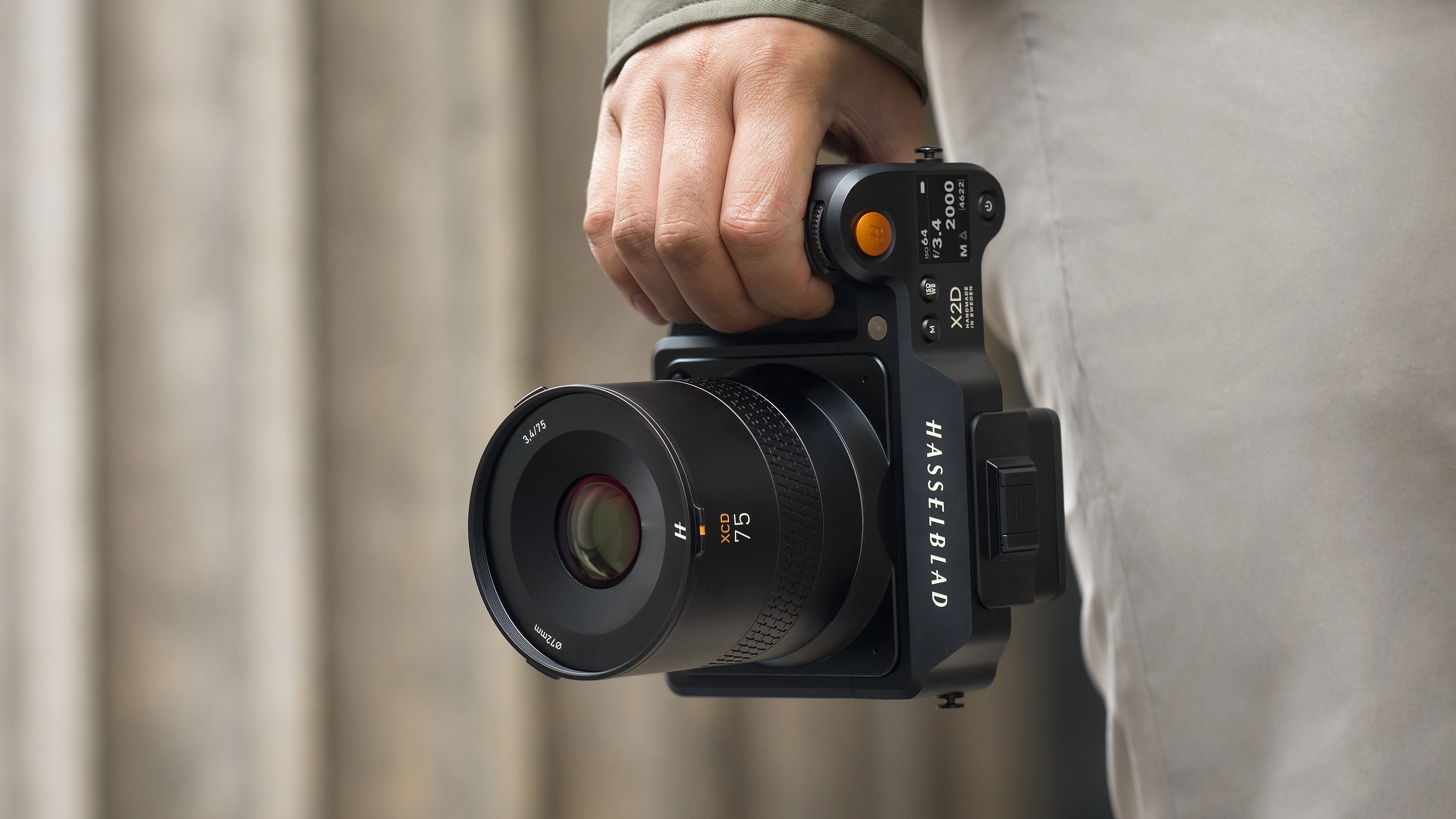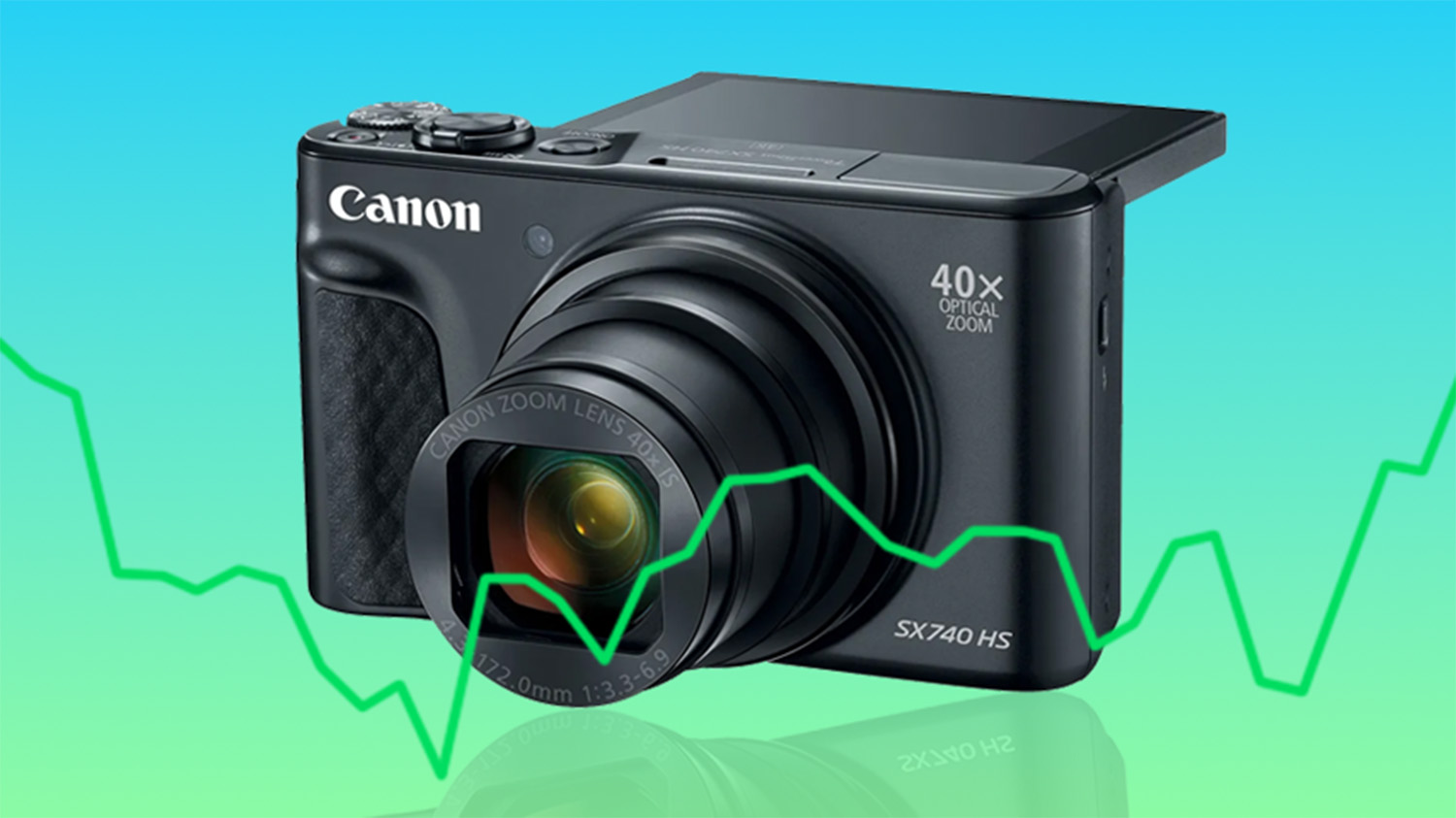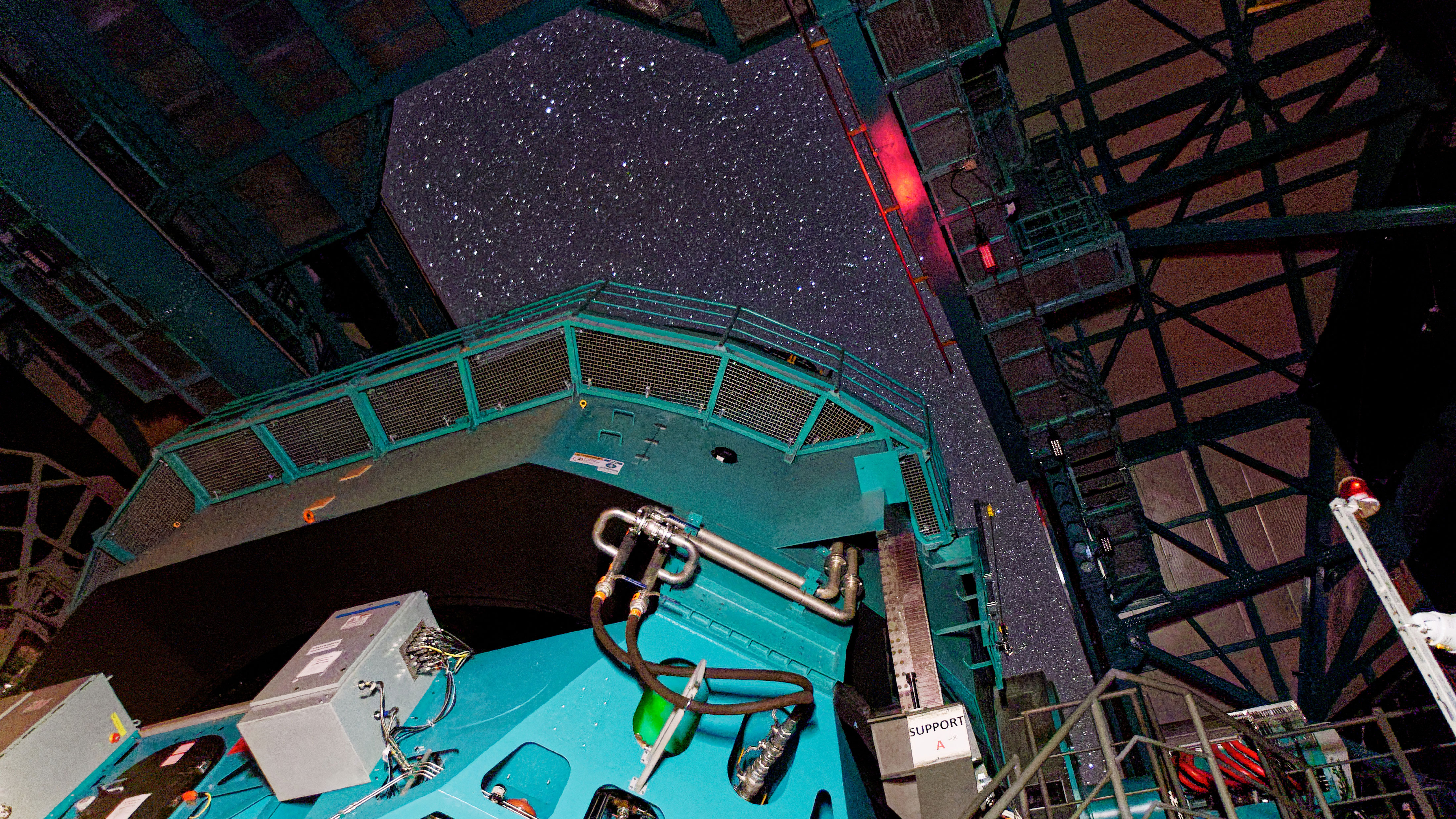
It's been a very cool (and expensive) week for new camera kit! I'm always happy when camera rumors come true, so it was great to see Nikon's latest camera materialize.
But we got a pair of exciting new lenses, too: Hasselblad's first standard prime in five years, and the world first ever zooming shift lens from Laowa.
Elsewhere there's new camera sales data that might surprise you (because it surprised the hell out of me), and the world's largest camera – which is a 3.2 gigabit monster – just took its first test shot.
Here are the five biggest camera news stories of the week…
Meet the first ever zooming shift lens

Do you love shift lenses, but wish they had the flexibility of a zoom? Well, Laowa has you covered with its latest product – the world's first zooming shift lens.
Not content with launching a pair of new tilt-shift lenses last month, Laowa's newest shift lens eschews the tilt functionality in favor of adding a wide-angle zoom range.
The new Laowa 12-24mm f/5.6 Zoom Shift is an APS-C lens that offers some pretty remarkable features – starting with that 102.5°-63.9° angle of view coverage, coupled with a constant f/5.6 aperture throughout the zoom range…
Nikon Z50 II finally materialises

Nikon has announced the long-awaited update for its first-ever crop-sensor mirrorless. The Nikon Z50 II is to replace the original Z50, half a decade after its launch in 2019.
Much of the headline specs remain unchanged, with the same 20.9MP image sensor, 100-51,200 ISO range and 11fps max shooting rate – and there's still no in-body image stabilizaton. But at its heart is the latest Expeed 7 processor, the same top-of-the-line chip found in the Nikon Z9, Z8, Z6 III and Zf full-frame cameras.
Like putting a Ferrari engine into a Fiat 500, this turbocharges the updated camera's performance, vastly improving autofocus, subject tracking and video, and inheriting a bunch of trick modes from these cameras higher up the range…
Full story: Nikon sets sights on Gen Z with influencer and vlogger-friendly Z50 II
Hasselblad sets a new standard for standard lenses

Hasselblad has just launched its first standard lens in half a decade, the Hasselblad XCD 75P – and it's also the latest in its line of P lenses, which stands for Portable.
With an effective focal length of 59mm, in full frame terms, the XCD 75P effectively replaces the XCD 65mm from 2018 – and, living up to its Portable billing, is a far smaller, lighter, more travellable lens.
Weighing in at just 398g and measuring a mere 71mm in length, the XCD 75P is a mere slip of its predecessor – clocking in at 45% lighter and 24% shorter than the previous standard prime…
Full story: Forget the "nifty fifty" – meet Hasselblad's new "nifty fifty-nine"
60% of cameras sold are compacts

If, like me, you thought the compact camera market was dead in the water, think again. A report from BCN Retail – which gathers data from 2,400 electronics retailers across Japan – has revealed that over 60% of camera sales (within the Japanese domestic market) are compact cameras.
And while this figure is certainly surprising, it's not the first time data has suggested that compact cameras are making a comeback. But the good news doesn’t mean that compact cameras make for the lion’s share of revenue; after all, they’re generally cheaper than their interchangeable counterparts.
BCN Retail clarifies: “Although the sales value composition ratio is small, ranging from the upper 20% to the lower 30% range, a certain level of sales continues…”
Full story: Compact cameras aren't dead - they still make up 60% of camera sales in Japan!
World's largest camera takes first test shot

The mood in the Vera C. Rubin Observatory was “electric” as Rubin’s first on-sky data was captured by the test camera and transferred successfully from the observatory in Chile to the US Data Facility in SLAC National Accelerator Laboratory in California.
The success in passing its first end-to-end engineer test using a low-resolution testing camera known as the Commissioning Camera demonstrates that Rubin Observatory now has a complete and functioning telescope.
The light from the stars traveled directly through the telescope optics and was then captured by the Rubin’s Commissioning Camera, then appearing on the Rubin teams’ computer screen as a digital image…
Full story: Largest digital camera ever built takes huge step forward in development







